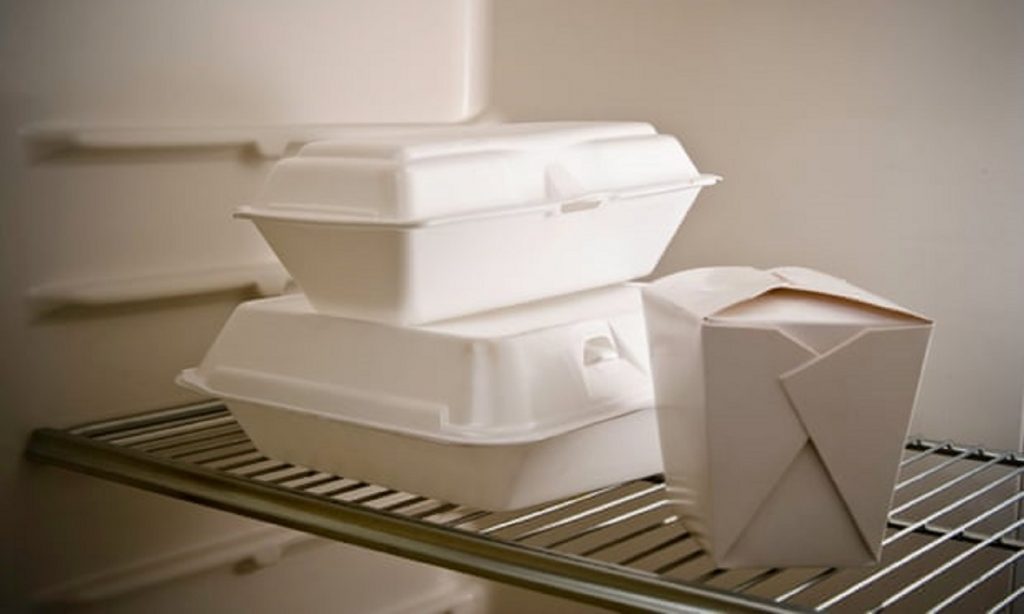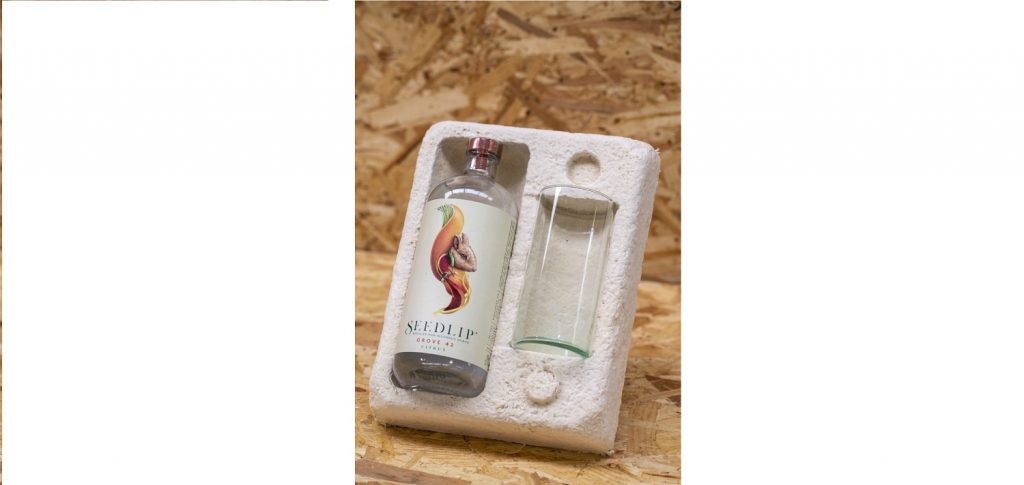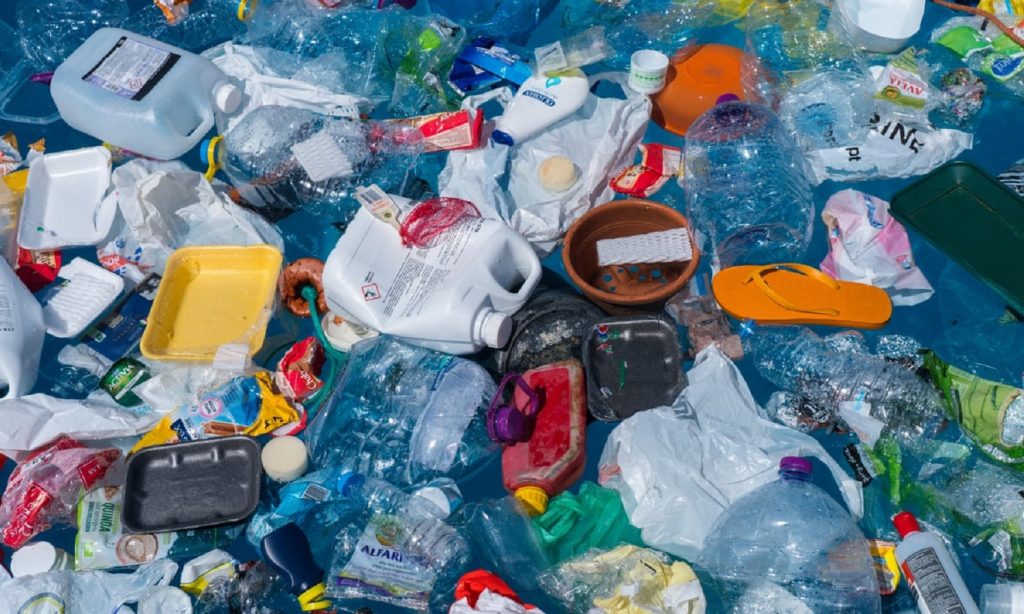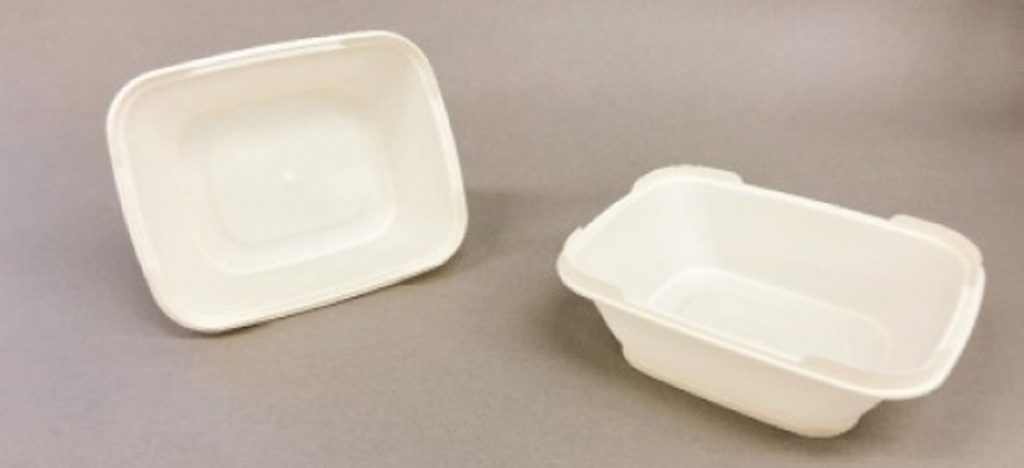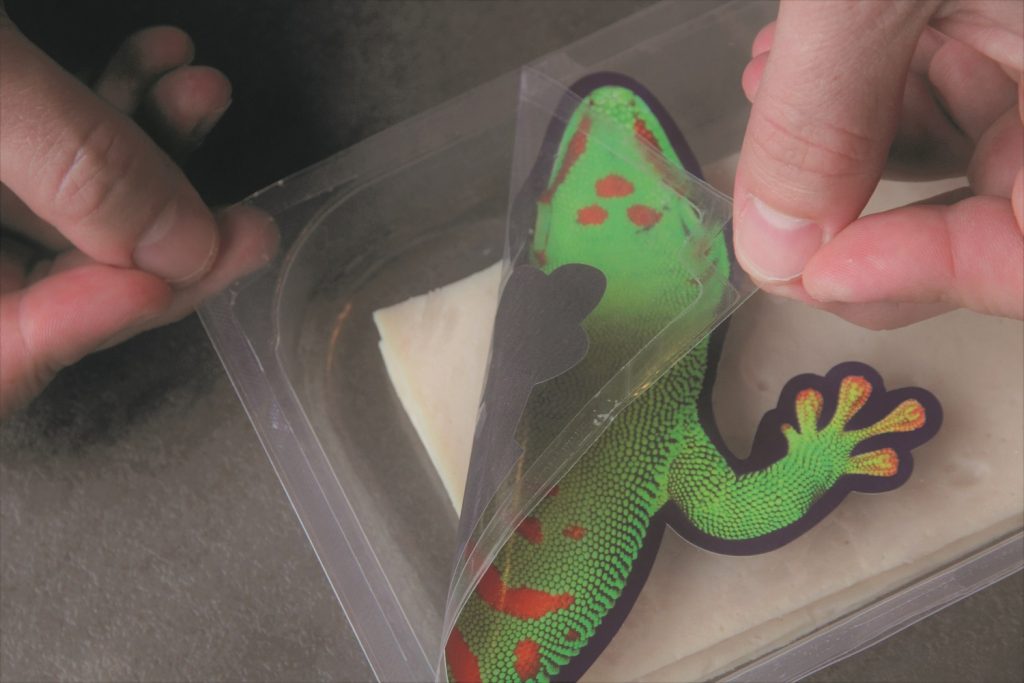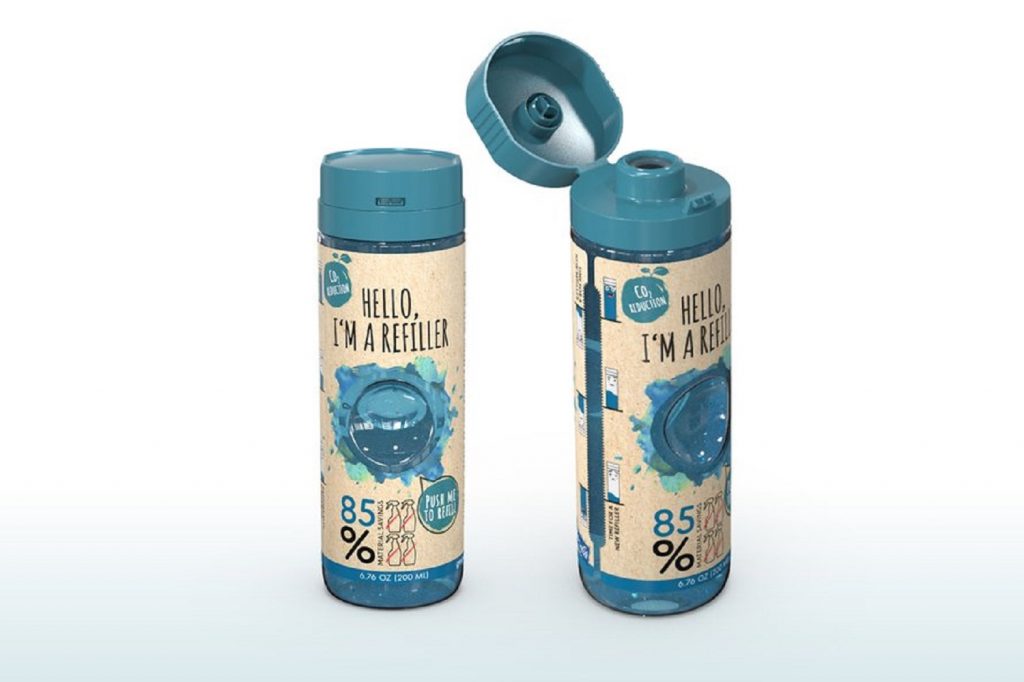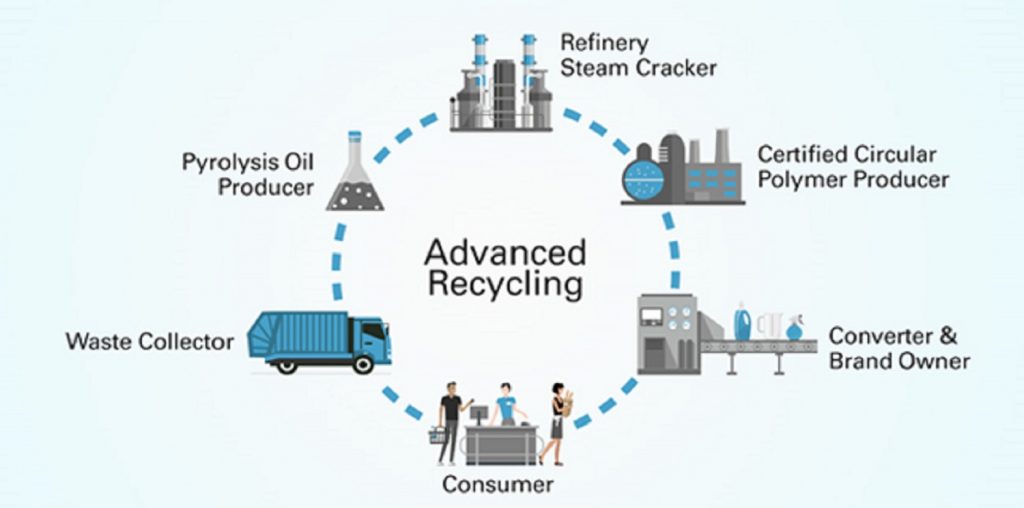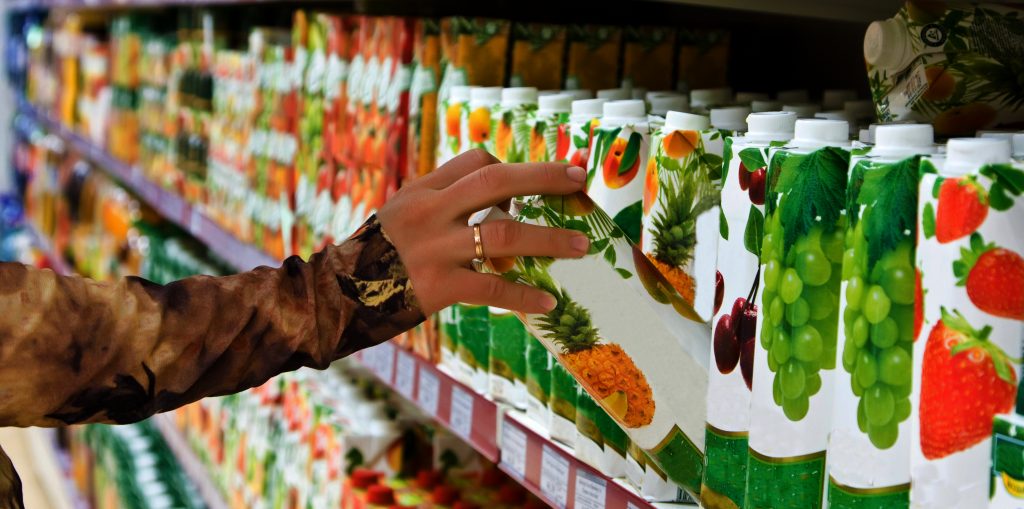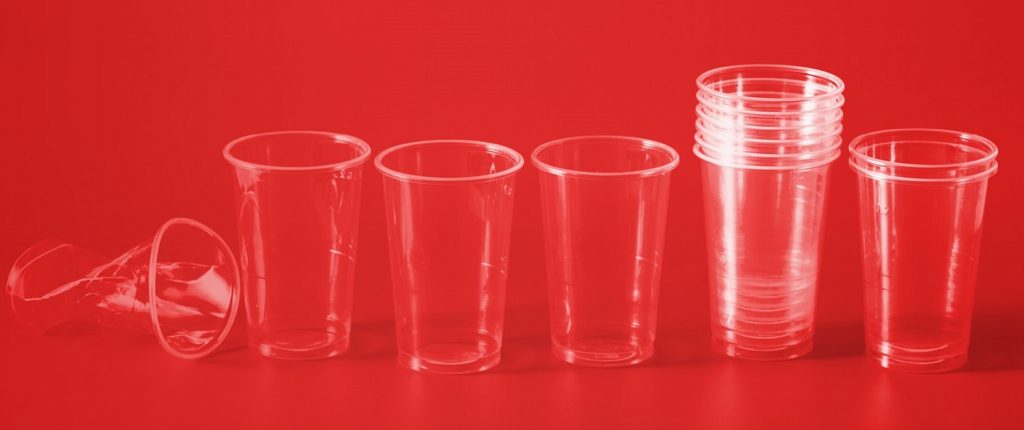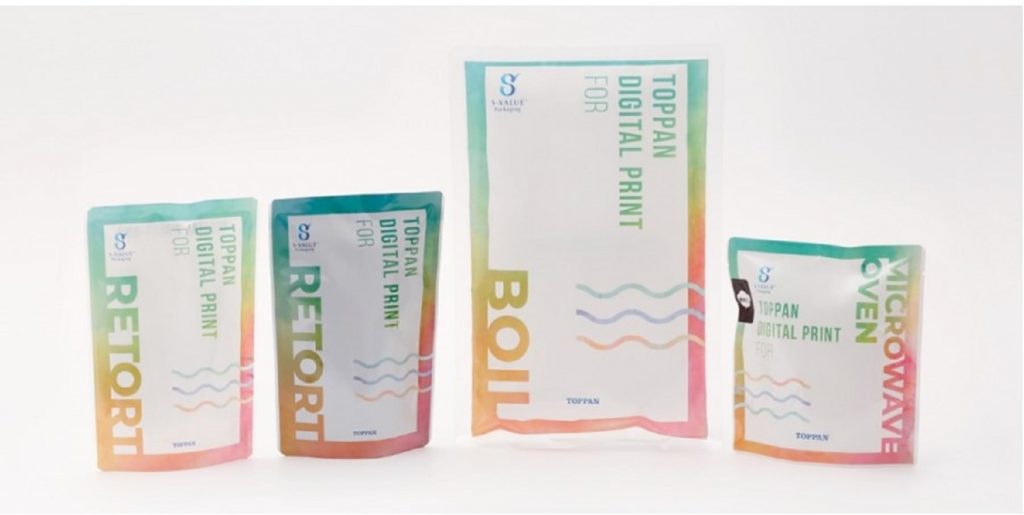Polystyrene to be phased out next year
Conservation groups have welcomed many aspects of the plan, which also includes an end to polystyrene food and beverage containers by the end of 2022, but also criticised its largely voluntary approach to reaching ambitious goals, calling for those targets to be mandated.
The Morrison government also announced it would support “coordinated global action to address marine plastic” through the United Nations, which is developing a treaty on the issue.
Polystyrene to be phased out next year Read More »

